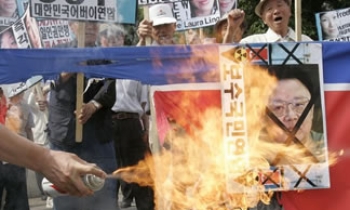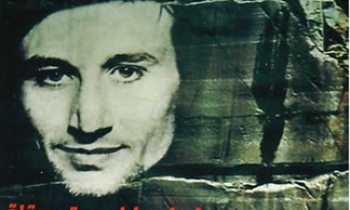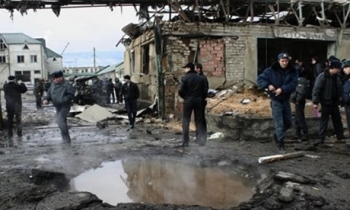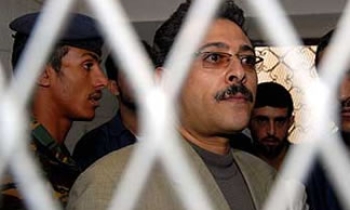The International Federation of Journalists (IFJ) has rejected the Sri Lankan government’s proposed national media policy in favour of a self-generated, self-regulated and independent framework that encompasses journalists from all sides of the nation’s conflict.
According to the Free Media Movement (FMM), an IFJ affiliate, Media and Information Minister Anura Priyadarshana Yapa refused to divulge details of the government’s policy but stressed that it was prepared with the assistance of 22 experts and extensive research.
The ministry also published large newspaper advertisements explaining details of the policy and calling for public submissions.
Leading media organisations in Sri Lanka including FMM and the Sri Lankan Working Journalists’ Association (SLWJA), also an IFJ affiliate, are critical of the national policy. They said there was a need for members of the government, local authorities and the general public to respect journalists and an independent media culture and to support the protection of media rights.
“The media is not a state-controlled body. It is a self-regulatory sector. If a government is trying to introduce policies for the media, it shows how primitive it is. What is necessary today from the government’s side is to establish a solid legal framework for a free media culture and a healthy background for the media to conduct their duty in a free and fair manner,” said FMM Convenor Sunanda Deshapriya.
Yapa, who is also cabinet spokesman, refused to discuss ongoing violence and intimidation targeting journalists and staff at the Sri Lanka Rupavahini Corporation (SLRC) which is reportedly linked to SLRC’s coverage of a melee in which Labour Minister Mervyn Silva allegedly assaulted the station’s news director in late December.
“Sri Lanka’s government must take concrete steps to ensure the safety and protection of journalists in the conduct of their work, starting with public reprimands for government members who verbally and physically attack the media and directives to local authorities to investigate and act on attacks against journalists across the island, including the attacks on SLRC staff,” said IFJ Asia Pacific Director Jacqueline Park.
“For their part, journalists and media institutions should be bound by an independent code of practice that prescribes the ethical and professional conduct of all media practitioners. Journalistic codes of practice are best respected and implemented when they are created and agreed upon by journalists and media organisations, without government intervention.”
In September 2007, IFJ joined nine journalists’ organisations in Sri Lanka—including FMM, SLWJA, the Federation of Media Employees’ Trade Union (FMETU), the Editors’ Guild, and the Sri Lanka Press Institute (SLPI)—to submit recommendations to the government for the development of a national media policy.
The recommendations included the following:
- Enact the proposed Right to Information Bill that has already been approved by cabinet and drafted in consultation with the media
- Amend existing laws to transform state-owned electronic media (SLRC, SLBC, ITN and Lakhanda) into genuinely independent public service broadcasters.
- Broaden the ownership of the Associated Newspapers of Ceylon Ltd, in accordance with the spirit with which it was vested to the state, to ensure its editorial independence.
- Revive the All-Party Lakshman Kadirgamar Parliamentary Select Committee with a view to bringing in a Contempt of Court Act along the lines of similar laws in the United Kingdom and India.
- Amend the Parliamentary (Powers and Privileges) Act as asked for in the Colombo Declaration.
The main challenge that journalists and media organisations in Sri Lanka continue to face is the advance of a professional media where journalists are able to carry out the tasks of serving the public interest and providing impartial accurate reporting without endangering their personal safety and security, according to IFJ.
Attempts by governments to impose strict ethical guidelines via punitive laws and a government-controlled top-down national media policy will work against freedom of expression in Sri Lanka. Only through an independent, self-regulated, free media can press freedom prevail, it said.









